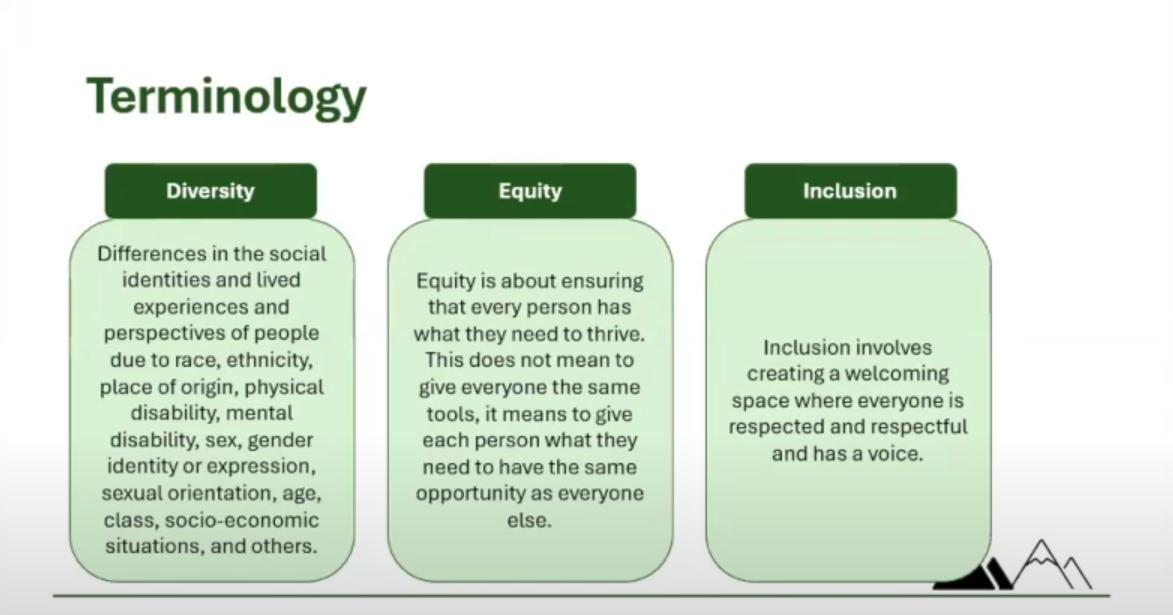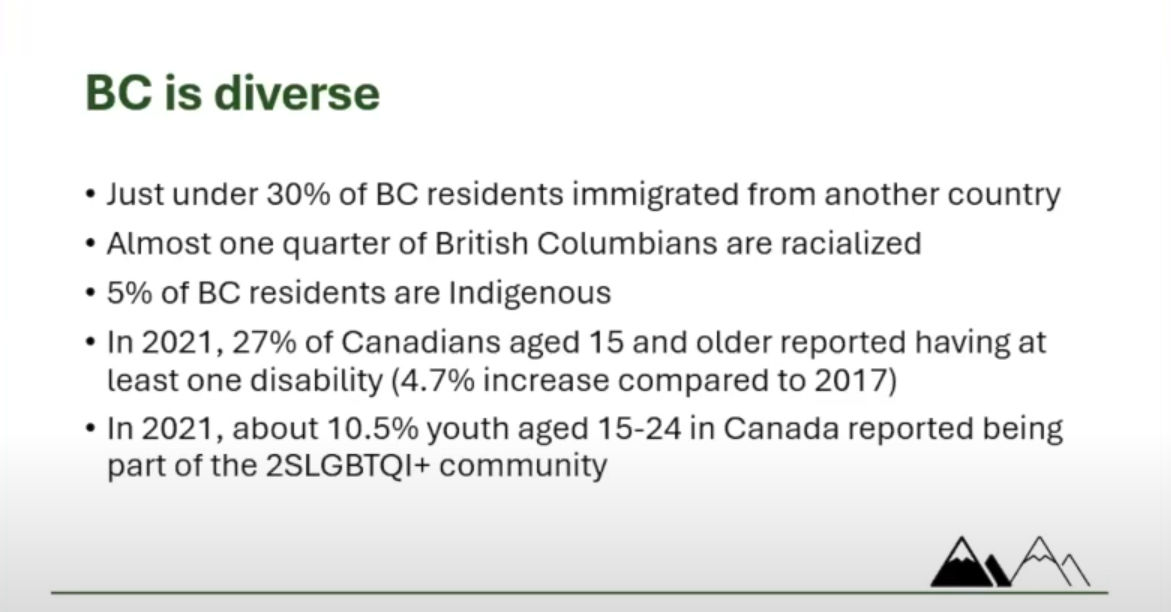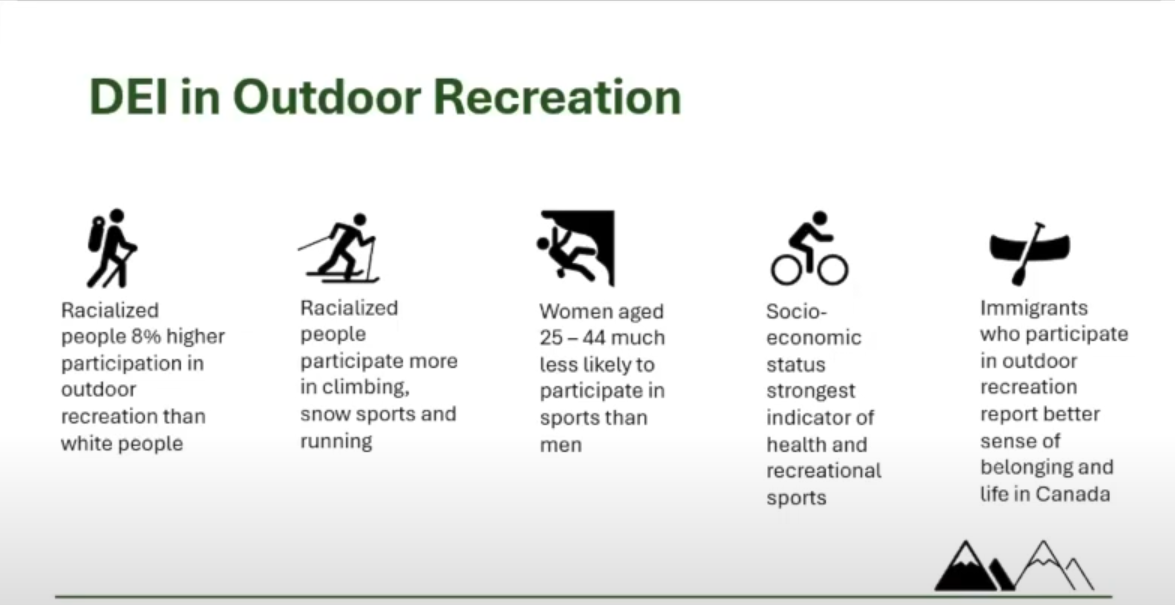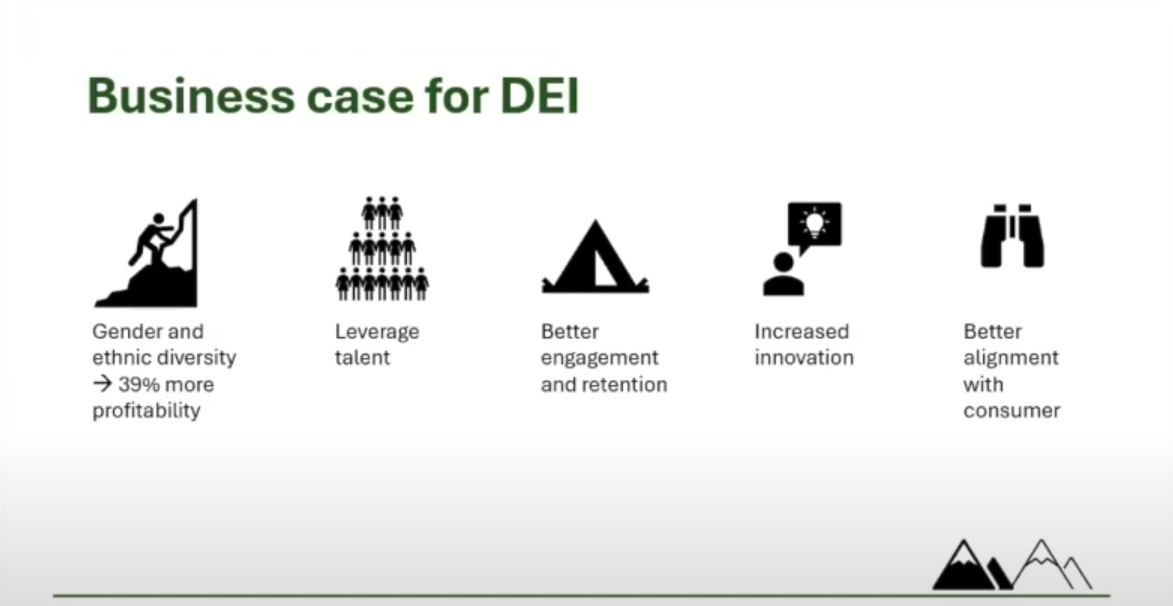At the latest KORE online Speaker Series, Tomke Augustin discussed the barriers to outdoor accessibility, best practices for inclusive outdoor programs, and the business case for equity in the outdoors.
The latest instalment of the KORE Outdoor Speaker Series featured Vancouver-based Tomke Augustin, an expert in diversity, equity, and inclusion in the outdoor industry. A grant program manager at the Outdoor Recreation Council of BC with a PhD in international management, Tomke drew from her extensive research and industry insights, and outlined practical strategies for creating more inclusive outdoor experiences for all. She then explained how inclusivity is not only beneficial to the social fabric of the outdoor sector, but there’s also a business case for instigating change.
Below are five key takeaways from Tomke’s presentation.
1. Understanding Barriers to Outdoor Accessibility
Despite the growing popularity of outdoor recreation, many groups—particularly BIPOC, LGBTQ+, and individuals with disabilities—face significant barriers to participation. Augustin highlighted several challenges, including economic constraints, cultural exclusion, lack of representation, and systemic discrimination.
She emphasized that many outdoor spaces were historically designed without marginalized communities in mind, leading to feelings of discomfort and exclusion. To address this, businesses and organizations must acknowledge these barriers and actively work toward solutions that make outdoor activities more accessible.
2. The Role of Representation in Outdoor Spaces
Visibility plays a crucial role in fostering inclusivity. Augustin pointed out that mainstream outdoor media has traditionally focused on a narrow demographic—predominantly white, male, and able-bodied individuals. This lack of representation can create the perception that outdoor recreation is not meant for everyone.
To change this narrative, outdoor brands, organizations, and media outlets need to:
- Feature diverse athletes, adventurers, and storytellers in marketing and social media campaigns.
- Collaborate with ambassadors from underrepresented communities to amplify authentic voices.
- Showcase adaptive sports and inclusive outdoor events that welcome individuals with different abilities and backgrounds.
3. Best Practices for Inclusive Outdoor Programs
Creating inclusive outdoor programs requires more than just intention—it demands thoughtful planning and action. Augustin shared best practices that organizations can implement to foster inclusivity:
- Offer gear and equipment rentals at reduced costs to remove financial barriers.
- Develop mentorship programs that connect newcomers with experienced outdoor enthusiasts from similar backgrounds.
- Ensure safe spaces by training staff and instructors in cultural competency and anti-discrimination policies.
- Host BIPOC- and LGBTQ+-specific outdoor events, providing opportunities for community-building in welcoming environments.
By making these adjustments, outdoor organizations can create a culture where everyone feels welcome and empowered to participate.
4. Partnerships and Community Engagement
One of the most effective ways to promote inclusivity in the outdoors is through collaborative efforts. Augustin emphasized the importance of building relationships with grassroots organizations, advocacy groups, and local leaders who are already working to dismantle barriers.
Key strategies include:
- Partnering with nonprofits that focus on outdoor accessibility and equity.
- Supporting Indigenous-led outdoor initiatives, recognizing traditional land stewardship practices.
- Engaging in continuous dialogue with underrepresented communities to better understand their needs and challenges.
By working together, outdoor brands and organizations can create sustainable, long-term change rather than performative one-time efforts.
5. The Business Case for Equity in the Outdoors
Beyond the ethical imperative, inclusivity in the outdoor industry also presents a strong business opportunity. Augustin highlighted that diverse and inclusive companies tend to outperform their competitors in terms of innovation, customer loyalty, and financial success.
Key benefits include:
- Expanding the customer base by making outdoor products and experiences accessible to a broader audience.
- Enhancing brand reputation by demonstrating a commitment to equity and social responsibility.
- Driving long-term growth by fostering an inclusive outdoor culture that attracts new participants.
Brands that invest in inclusivity not only contribute to positive social change but also position themselves as industry leaders in an evolving market.
Tomke Augustin’s presentation underscored the urgent need for the outdoor industry to become more equitable, inclusive, and welcoming. By addressing systemic barriers, amplifying diverse voices, implementing inclusive programming, forging strong partnerships, and recognizing the business benefits of diversity, outdoor brands can make meaningful and lasting change.
For outdoor manufacturers and organizations in the Kootenay region, embracing these principles can enhance community engagement, build stronger customer relationships, and contribute to a more inclusive outdoor culture for all.
